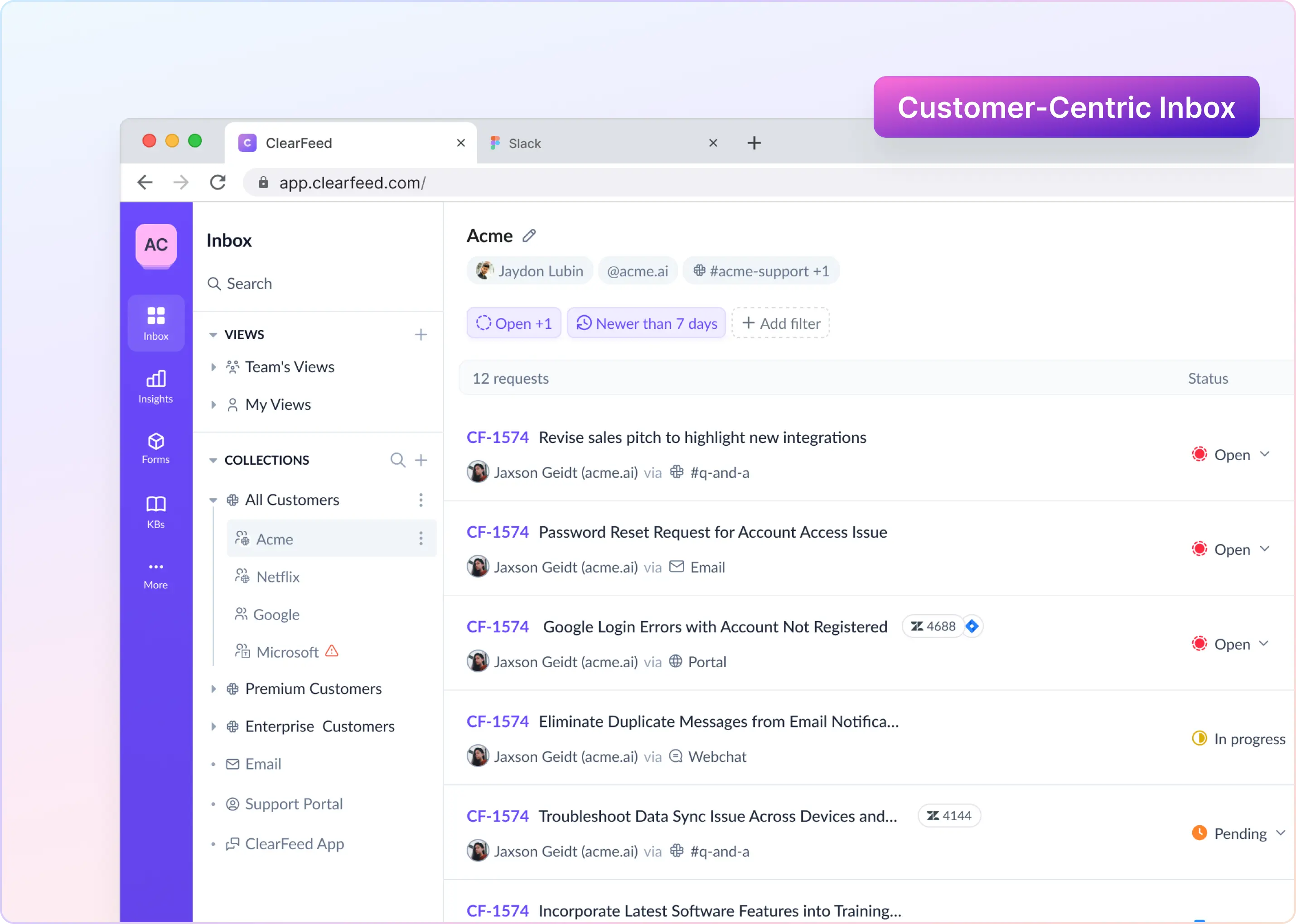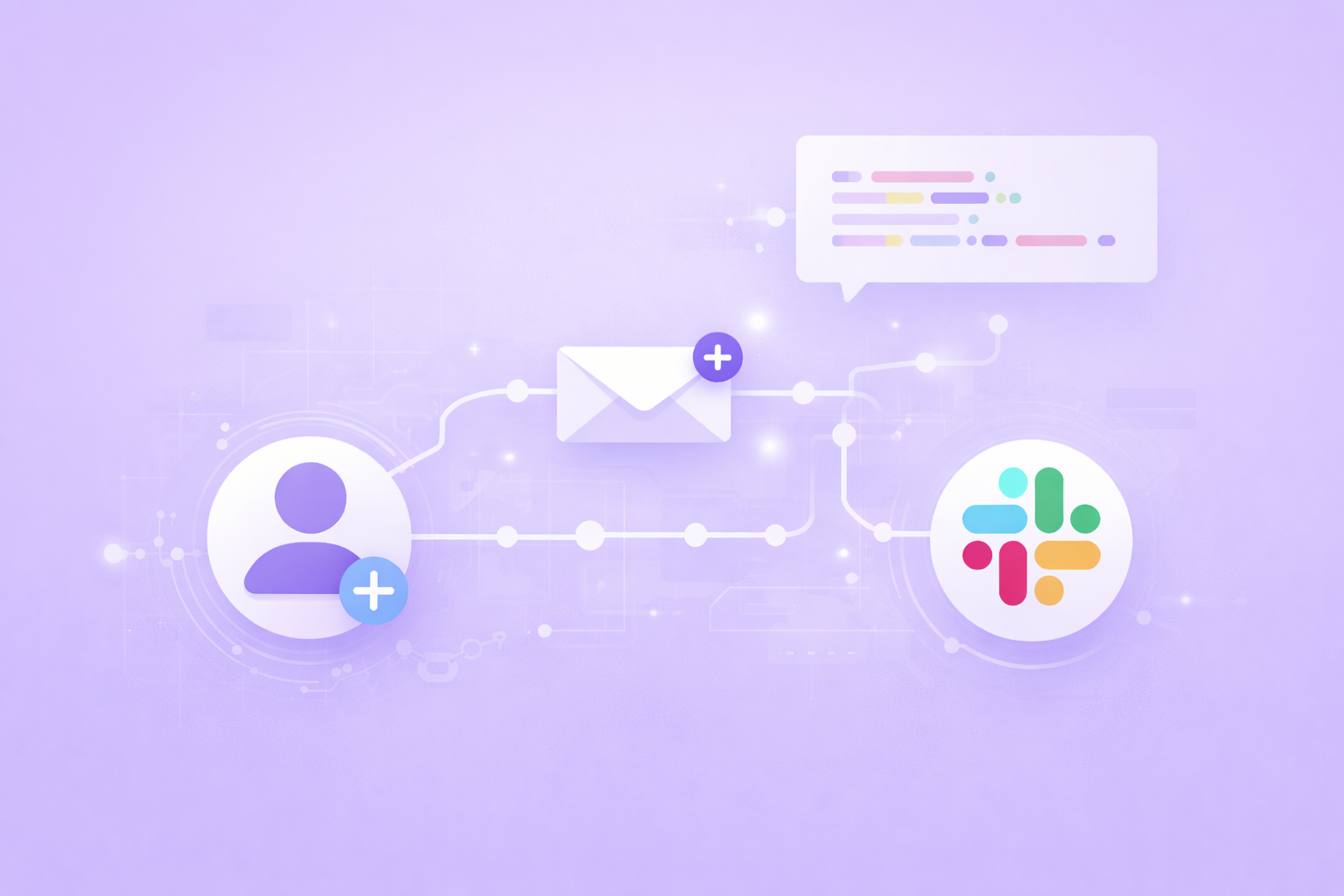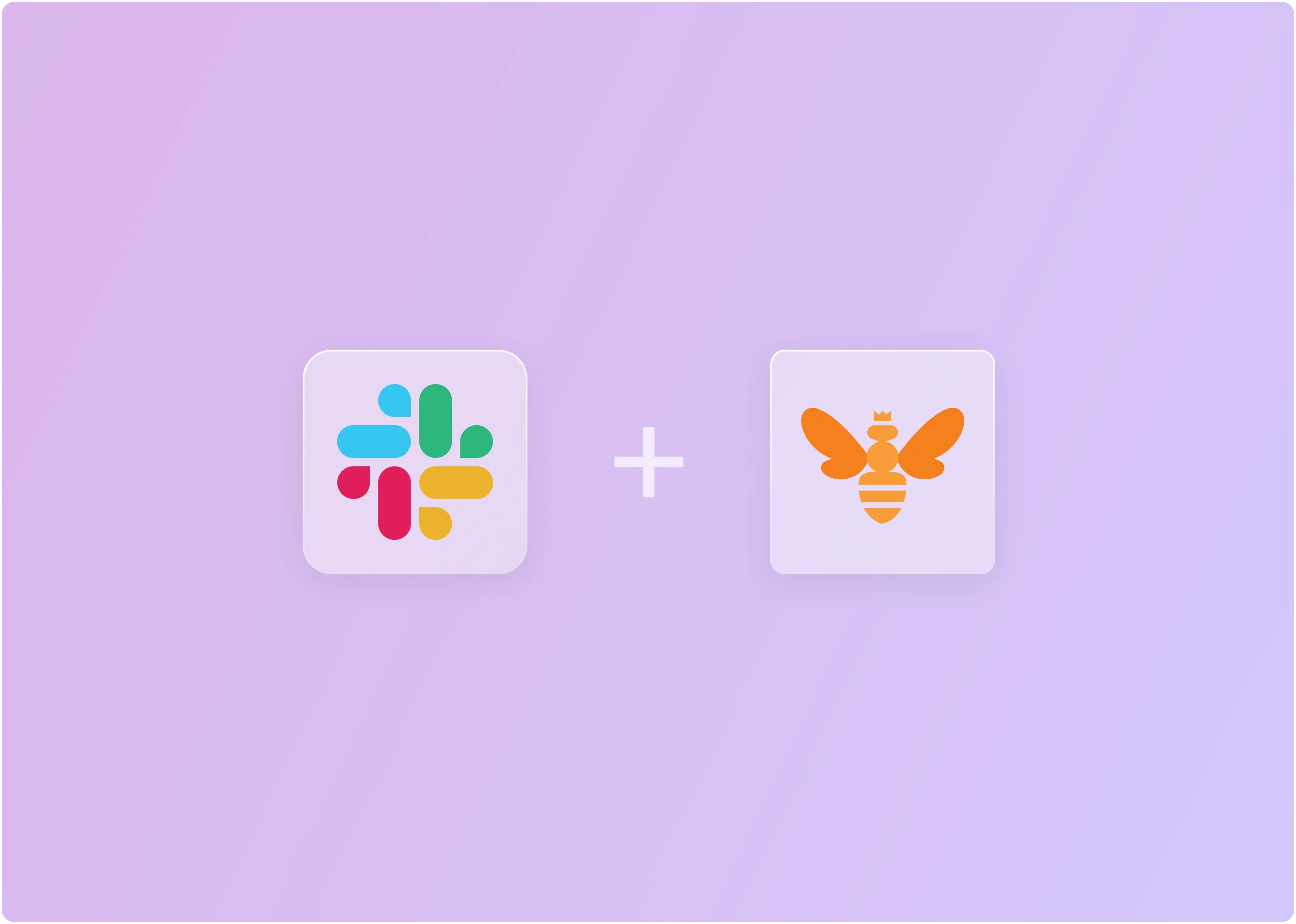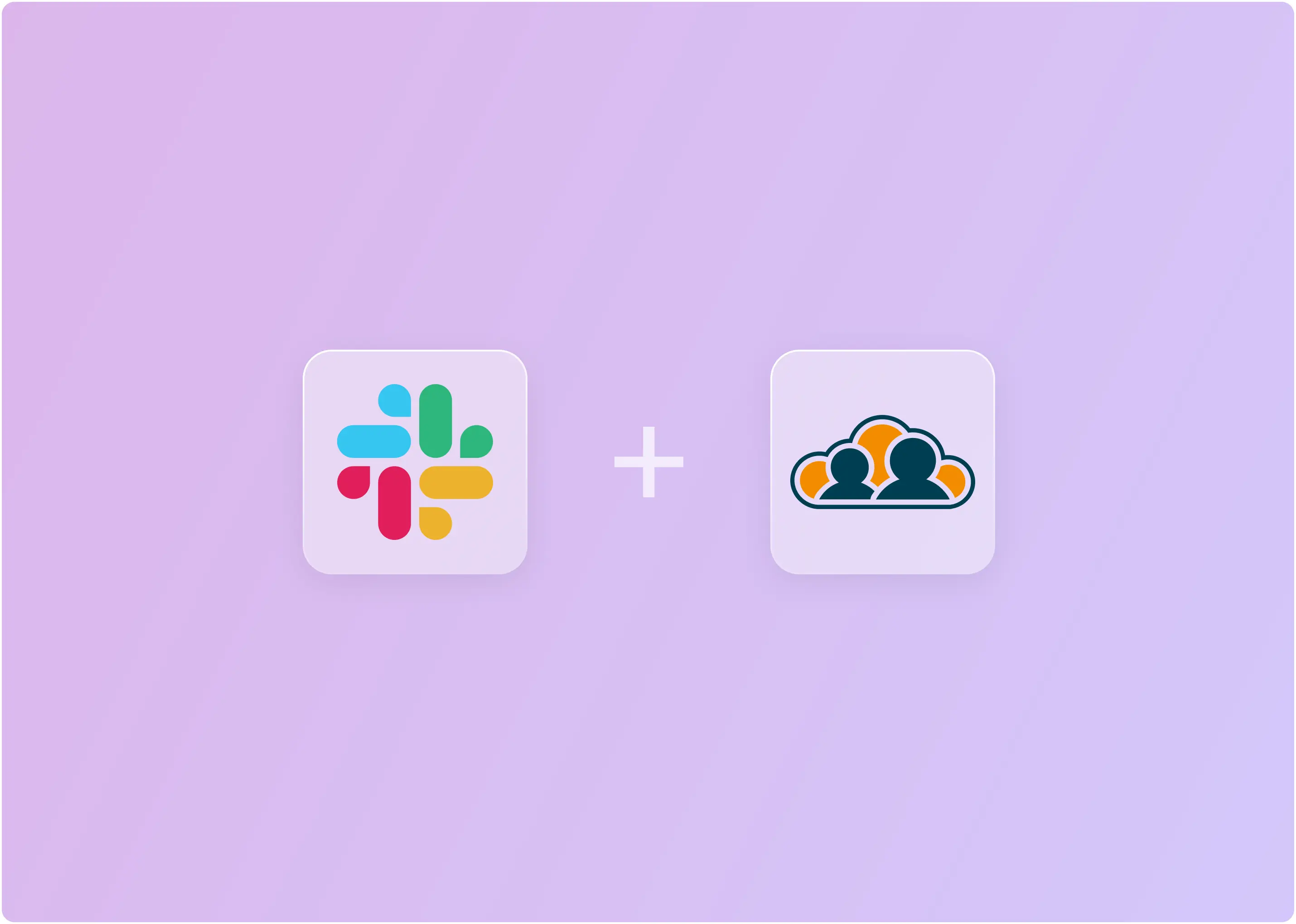In recent years, Information Technology Service Management (ITSM) has evolved beyond its traditional focus on managing IT support and service desks. Recent projections show that the global ITSM market is projected to grow from $10.5 billion in 2023 to $22.1 billion by 2028, fueled by an increase in automation, AI, and hybrid work models.
This shift isn’t just about improving support services; it’s about embedding ITSM principles across all business operations, enhancing everything from operational efficiency to employee satisfaction.
In this blog, we’ll explore the emerging trends shaping the future of ITSM. With insights from industry data, internal expertise, and community, each section will highlight how organizations can leverage these trends to remain competitive and efficient in their service delivery.
AI and Automation in ITSM
Artificial Intelligence (AI) and automation are reshaping ITSM by streamlining repetitive tasks, improving response times, and enhancing overall service quality. AI-driven tools are making a significant impact in other areas of ITSM, such as virtual agents, chatbots, and knowledge base management.
These intelligent support tools are streamlining support interactions by providing instant, automated responses to common queries. Available 24/7, they significantly reduce wait times and enhance the user experience. For instance, ClearFeed’s Virtual Agent uses natural language processing to understand and respond to user inquiries.
Additionally, AI is enhancing knowledge base management with tools like Freshservice’s AI-powered knowledge management system. These platforms automatically recommend solutions based on previous interactions and categorize knowledge articles, ensuring users can find answers quickly while reducing the volume of repetitive tickets.
Incident management is a key area in which AI has made substantial improvements. AI-powered ticketing systems automatically categorize, prioritize, and route user inquiries based on historical data. This reduces manual workload and ensures that the right team addresses incidents.
According to a recent poll, 44% of ITSM professionals identified AI/machine learning as the most significant trend for 2024, a substantial increase from previous years. This integration of AI tools is becoming essential for improving service desk operations.
- Impact on Efficiency: Organizations utilizing AI for ticket resolution have reported a 75% reduction in resolution times. Furthermore, AI-driven automation can decrease incident resolution times by up to 50%, significantly improving productivity and employee satisfaction.
- Employee Experience: A positive IT experience is crucial for job satisfaction, with over 70% of employees stating its importance. AI-powered self-service tools are expected to enhance this experience, as 65% of employees believe these tools improve their workplace interactions.
AI-driven tools can significantly reduce the average time it takes to resolve an issue from the moment a ticket is reported. By automating incident categorization, prioritization, and routing, IT teams can resolve issues more quickly. For example, Chipotle Mexican Grill experienced a significant reduction in MTTR after implementing AI to manage alert data and root-cause analysis, cutting down incident handling times substantially.
Focus on Employee Experience Management
The importance of employee experience in ITSM is gaining recognition. As technology increasingly permeates every role within organizations, employees expect smooth, responsive IT support.
"AI-enabled incident management has shifted our focus from reactive troubleshooting to proactive maintenance, significantly improving our operational efficiency."
— Placeholder for SME or founder quote (to be replaced with actual insights)
A survey indicated that 80% of CIOs acknowledge that enhancing employee experience through ITSM initiatives is an essential factor.
- Companies prioritizing employee experience are 2.1 times more likely to see increased retention rates.
- Engaged employees lead to a 15% increase in overall retention levels, which can translate into better service delivery and lower turnover rates.
This indirectly results in employees displaying less frustration over IT delays and demonstrating higher engagement levels, which positively affects both output and team morale.
The Rise of Self-Service Technologies
Self-service technologies in ITSM are experiencing rapid growth, transforming how organizations handle service requests and deliver support. As digital transformation progresses, users expect fast, accessible, and user-friendly self-service options, marking a shift towards a more autonomous approach to IT support.
The self-service technology market is projected to grow at an impressive compound annual growth rate (CAGR) of nearly 14%, reaching approximately $92 billion by 2030. This growth reflects a broader organizational push towards streamlined, user-centric IT services and a reduction in dependency on live support.
- Meeting Customer Expectations: The demand for self-service options is higher than ever. A substantial 90% of customers expect organizations to offer online self-service portals where they can easily find solutions to common problems. This statistic underscores the importance of well-designed, intuitive self-service solutions.
- First-Contact Resolution: Companies that have integrated AI-driven knowledge bases into their self-service platforms are seeing significant improvements. On average, organizations report a 5-7% increase in first-contact resolution rates and a 20-30% reduction in handling times for common issues.
- Cost Savings and Productivity Gains: By reducing the volume of basic service requests directed to live support, self-service technologies help cut operational costs and free up IT staff to handle more complex tasks.
Self-service technology, powered by AI and machine learning, is set to become a standard feature in ITSM as organizations seek to create more responsive, flexible, and cost-effective IT environments. As user expectations and efficiency demand increase, these solutions are becoming essential for IT service delivery.
Increased Investment in Cloud-Based Solutions
The adoption of cloud-based ITSM solutions is accelerating. The global ITSM market is expected to grow from $8.99 billion in 2022 to approximately $22.1 billion by 2028, representing a compound annual growth rate (CAGR) of 15.9%. This growth underscores a shift toward cloud-native solutions, which are becoming central to modern ITSM frameworks.
Cloud-based ITSM enables organizations to rapidly adjust to shifting demands, making it easier to scale services up or down as needed without significant hardware investments.
As businesses embrace digital transformation, the need for flexible, scalable ITSM platforms is paramount. By 2025, 95% of new digital workloads are predicted to run on cloud-native platforms, a sharp increase from 30% in 2021.
Security and Compliance Concerns
As organizations increasingly adopt digital solutions, security remains a top priority. A report indicates that 84% of companies are concerned about shadow IT, which poses significant security risks if not managed effectively. Additionally,
- Organizations utilizing security AI can save an average of $1.76 million compared to those that do not implement such technologies.
- By 2026, it is expected that 10% of large enterprises will have established robust zero-trust programs, highlighting the growing emphasis on security in the ITSM framework.
By integrating AI-driven security tools, adopting zero-trust models, and ensuring regulatory compliance, organizations can enhance their ITSM frameworks to protect sensitive data, reduce vulnerabilities, and create a more resilient IT environment.
ClearFeed’s Role in ITSM Transformation
ClearFeed is redefining ITSM by introducing an AI-powered support platform tailored for collaborative support. By integrating seamlessly with Slack and MS Teams, ClearFeed provides a powerful, intuitive ticketing system - that allows service teams to provide support where employees work - and improves the overall IT service experience.
- Streamlined Ticketing Process: ClearFeed allows support agents to convert Slack messages into tickets effortlessly using simple commands. This feature simplifies communication and ensures that requests are prioritized within teams.
- Integrated, Contextual AI: ClearFeed sorts tickets to flag important ones using AI continually. It can provide automated answers and pull up information using natural language - right where people are working all day - inside Slack and MS Teams.
- Extensive Integrations: Integrating Slack channels and ticketing and task management systems like Zendesk, Jira & ClickUp - and ClearFeed ensures that all stakeholders are updated with the latest information regarding requests or incidents.
- Customer Feedback Mechanisms: ClearFeed facilitates immediate customer feedback collection through customer satisfaction (CSAT) surveys and AI-generated classification of tickets.
In a landscape where remote and collaborative work environments are increasingly the norm, ClearFeed’s tailored approach to Slack and Teams-based ticketing and support makes it an essential asset for modern organizations. Get a demo now!



















